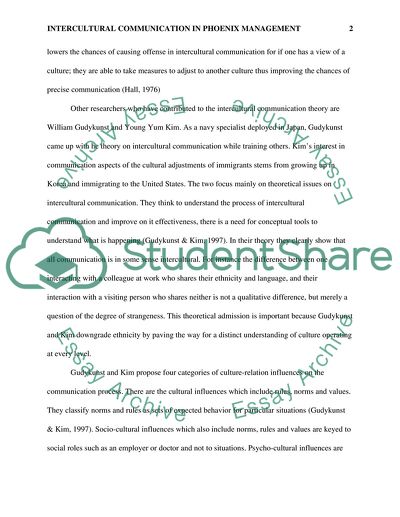Cite this document
(“Intercultural Communication in Phoenix Management Services Essay”, n.d.)
Retrieved from https://studentshare.org/human-resources/1621491-intercultural-communication-in-phoenix-managment
Retrieved from https://studentshare.org/human-resources/1621491-intercultural-communication-in-phoenix-managment
(Intercultural Communication in Phoenix Management Services Essay)
https://studentshare.org/human-resources/1621491-intercultural-communication-in-phoenix-managment.
https://studentshare.org/human-resources/1621491-intercultural-communication-in-phoenix-managment.
“Intercultural Communication in Phoenix Management Services Essay”, n.d. https://studentshare.org/human-resources/1621491-intercultural-communication-in-phoenix-managment.


